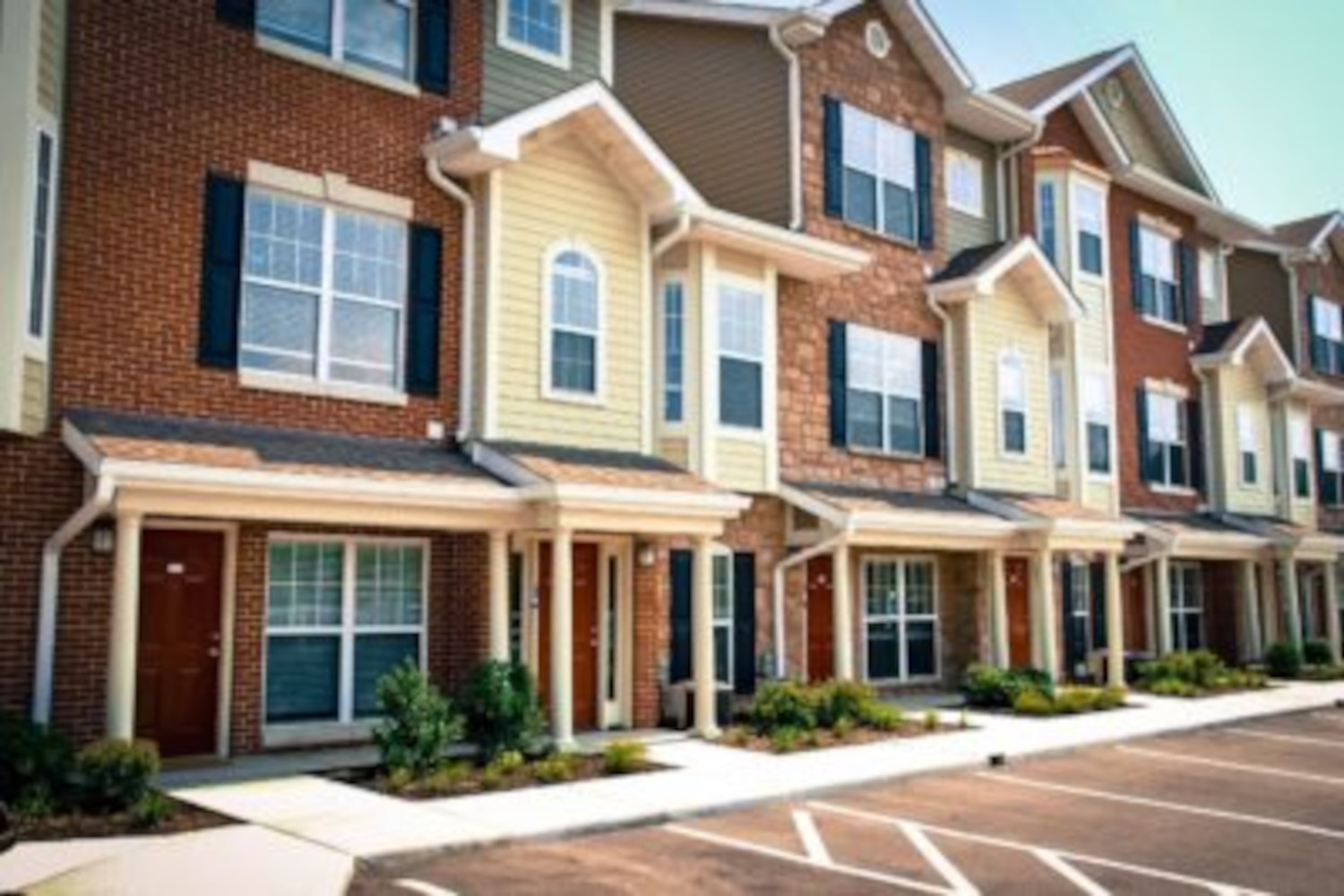In Florida, performing construction work carries many technical requirements in order to properly perform the work. The technical requirements also apply to the contractor, subcontractor and material supplier who wants to protect its lien rights in the event the Owner does not pay. The first step in preserving subcontractor and material supplier lien rights is serving a Notice to Owner. The purpose of the Notice to Owner is literally contained within its own title. The purpose is to inform the Owner that the subcontractor (who does not have a contract with the owner) is providing labor, services, or materials for the improvement of the property. The Notice to Owner also lets the Owner know that the subcontractor has a right to lien the property if not paid and that the Owner could pay twice if it makes payment to the Contractor without getting a release from the subcontractor. The failure of the subcontractor to timely service a Notice to Owner is, however, a complete defense to enforcement of a construction lien. § 713.06(2)(a), Fla. Stat.










